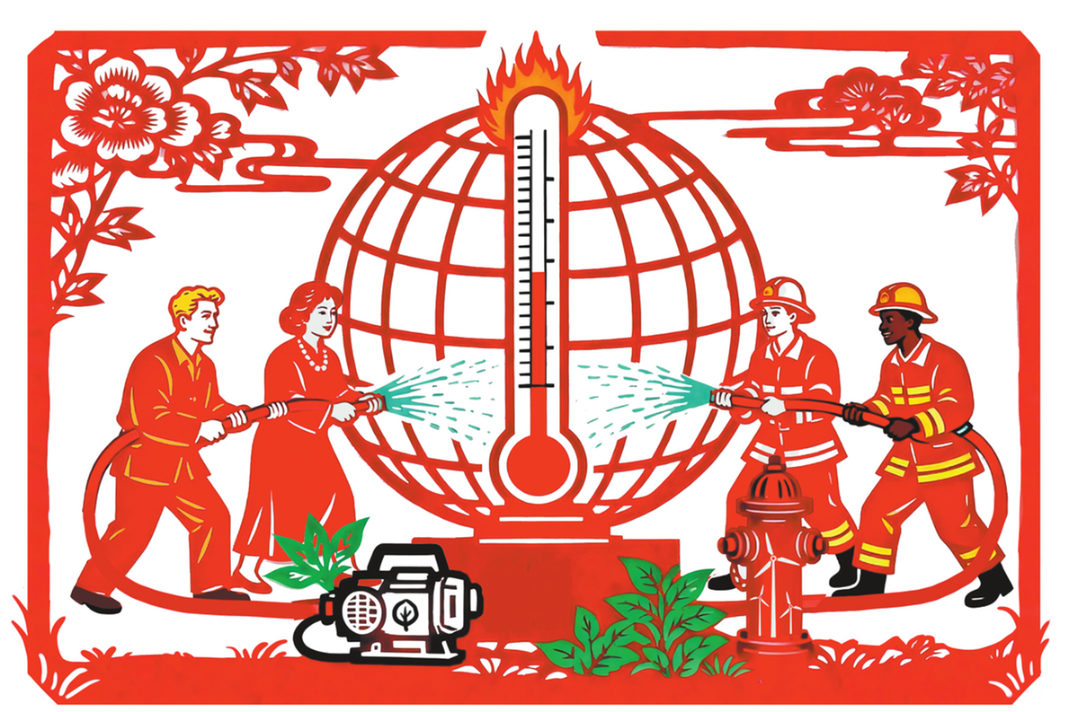Experts discuss WHO's recent COVID-related statement


Even though the COVID-19 pandemic as a topic is increasingly getting out of the attention of the international society, its negative effects upon the global human health and social economic life remains.
To quote a column from New England Journal of Medicine (NEJM) on Feb 2, in the US alone deaths from COVID-19 still range from 300 to 500 daily, which reflects a higher death burden than the severe flu. Further, a glimpse back at the three years of the COVID-19 pandemic shows that the original variant, Delta variant and Omicron variant all had their peaks, among which Omicron caused the largest number of deaths in certain countries and regions because of its high infection rate. Besides that, the German health minister and several of his colleagues had all discussed about the high excessive fatality of their nations.
All these support the WHO's decision, namely that the COVID-19 pandemic is still a problem worth paying attention to. Currently quite a majority of the global population have already derived short-and middle-term antibodies from vaccinations or past infections that could effectively lower the risk of severity or death, but they prove not that effective in cutting the virus from spreading and infecting more people. With the possibility of trans-species spreading, we might have to co-exist with the COVID-19 virus for quite a considerable length of time.
Worse, Long COVID in the West had already cast negative influences upon quite a many people in their daily work and life. In 2022, the UK, the US and Australia had all published their reports on Long COVID to study the persistent problems of COVID facing people. For individuals, health risks still exist, prompting everyone to take effective care.
- Ma Zhanlu, a researcher at Hochschule Boonn-Rhein-Sieg University of Applied Sciences.


































